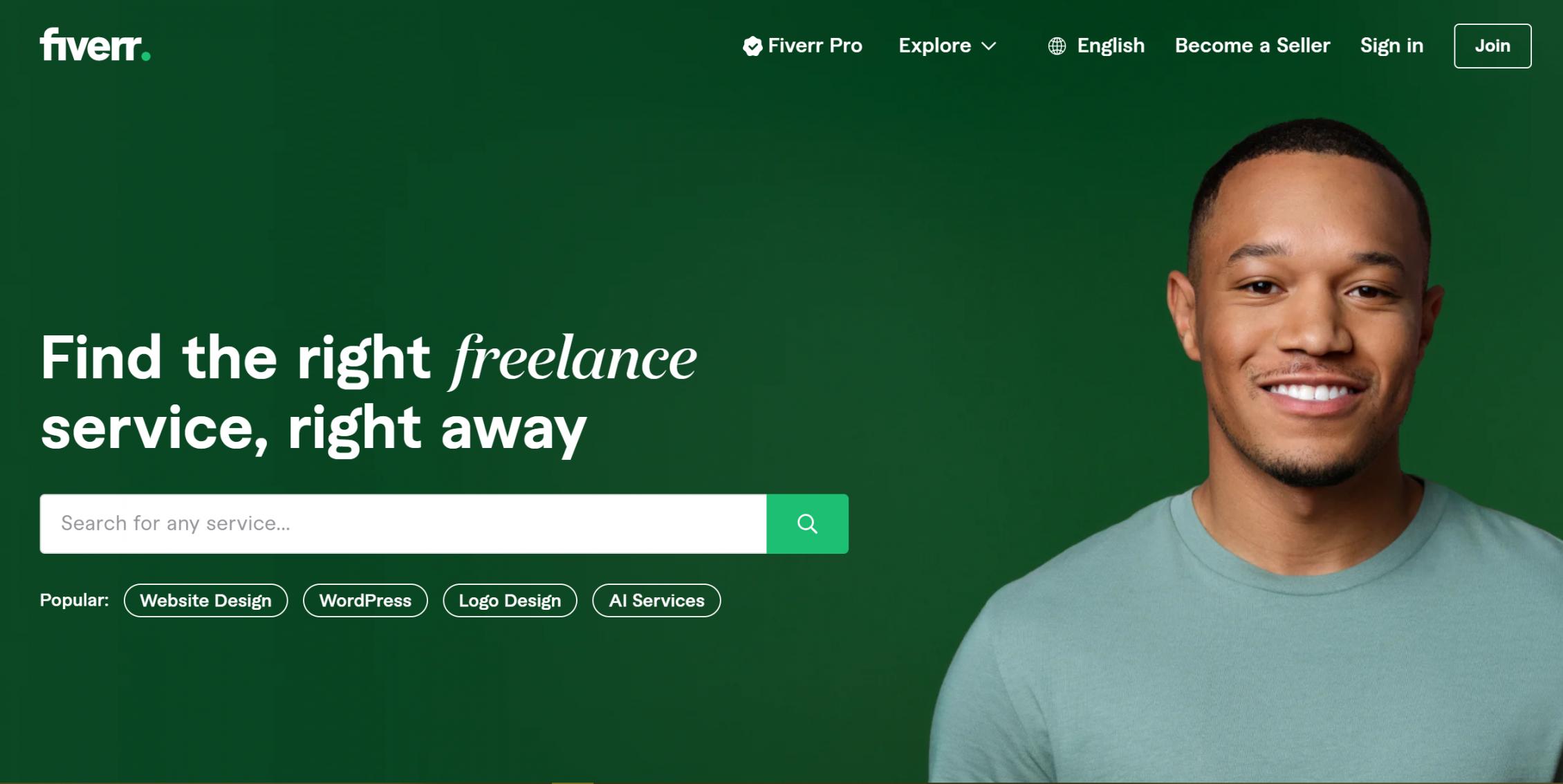The Rise of Freelance Website Design: Shaping the Digital Landscape
In the dynamic world of digital marketing, the significance of a compelling online presence cannot be overstated. As businesses strive to carve out their niches in the virtual marketplace, the demand for skilled website designers has soared. Among the various avenues available for sourcing design talent, freelance website design has emerged as a game-changer, offering a blend of creativity, flexibility, and cost-effectiveness.
The Evolution of Freelance Website Design
The freelance economy has witnessed exponential growth over the past decade, driven by technological advancements and changing work paradigms. The website design sector, in particular, has seen a significant shift towards freelancing. This transformation can be attributed to several factors:
- Technological Advancements: The proliferation of design tools and platforms has empowered designers to work independently. Tools like Adobe XD, Sketch, and Figma, along with website builders such as WordPress, Wix, and Squarespace, have made it easier for freelancers to deliver high-quality designs.
- Remote Work Culture: The global shift towards remote work has further fueled the freelance economy. With businesses increasingly embracing remote work, the geographical barriers that once limited talent acquisition have been dismantled. Companies can now tap into a global pool of designers.
- Gig Economy: The rise of the gig economy has normalized freelancing across various sectors. Websites like Upwork, Freelancer, and Fiverr have created platforms where designers can showcase their portfolios, connect with clients, and secure projects.
Advantages of Hiring Freelance Website Designers
- Cost-Effectiveness: Freelancers often offer more competitive rates than design agencies, making them an attractive option for startups and small businesses with limited budgets. Without the overhead costs associated with traditional agencies, freelancers can provide high-quality services at lower prices.
- Flexibility: Freelance designers bring a high degree of flexibility to the table. They can adapt to varying project scopes, timelines, and requirements, providing customized solutions that align with the client’s vision.
- Diverse Skill Sets: The freelance community is rich in diverse talents. Businesses can find designers specializing in various aspects of web design, from UX/UI to responsive design and e-commerce solutions. This diversity allows clients to handpick experts that best match their project needs.
- Direct Communication: Working with a freelancer often means more direct communication, which can lead to a better understanding of the client’s requirements and quicker iterations. This direct line of communication can enhance www.byAmed.Net collaboration and lead to more satisfactory outcomes.
Challenges and Considerations
While the advantages of hiring freelance website designers are compelling, it’s essential to consider potential challenges:
- Quality Assurance: The quality of work can vary significantly among freelancers. It’s crucial to thoroughly vet candidates, review portfolios, and check references before making a hiring decision.
- Reliability: Unlike established agencies, freelancers might face challenges in terms of availability and project continuity. It’s important to establish clear communication and set expectations upfront to mitigate any potential issues.
- Project Management: Freelancers typically juggle multiple projects simultaneously. Ensuring that your project receives the necessary attention and is delivered on time requires effective project management and clear timelines.
The Future of Freelance Website Design
As the digital landscape continues to evolve, the demand for freelance website design is expected to grow. Businesses are increasingly recognizing the value of having a unique and engaging online presence, and freelancers are well-positioned to meet this demand with their innovative approaches and flexible working styles.
Moreover, the integration of artificial intelligence and machine learning into design tools promises to further revolutionize the field. These technologies can automate routine tasks, allowing designers to focus on creativity and innovation.
Conclusion
Freelance website design represents a significant shift in how businesses approach digital presence. By leveraging the diverse talents of freelance designers, companies can achieve bespoke, high-quality websites that resonate with their target audiences. While there are challenges to navigate, the benefits of flexibility, cost-effectiveness, and direct communication make freelancing an attractive option in the ever-evolving digital age. As technology continues to advance and remote work becomes the norm, freelance website design is set to play a pivotal role in shaping the future of the digital landscape.
